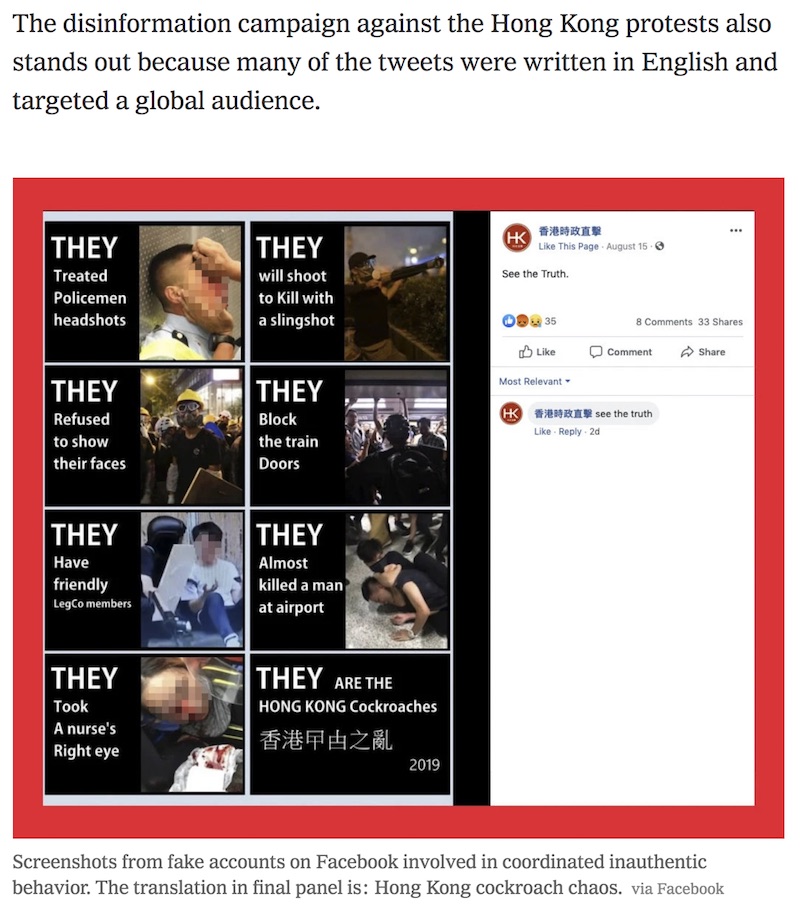"Add oil," Kongish!
Speakers of Kongish have three ways to write their equivalent of English "Go!": 1. "ga yao" (Cantonese Romanization of the wildly popular term), 2. 加油 (the Sinographic form of the Cantonese expression), 3. "add oil" (Chinglishy equivalent of the former two forms).
See this excellent article by Lisa Lim for a brief introduction to Kongish:
"Do you speak Kongish? Hong Kong protesters harness unique language code to empower and communicate: The mixed code of romanised Cantonese and English has helped popularise phrases such as ‘add oil’, from Cantonese ‘ga yau’", SCMP (30 Aug, 2019). [VHM: Includes a nice summary of Romanization efforts for Sinitic topolects from the late 16th century (Matteo Ricci) to the present.]
Illustration from the article:
Read the rest of this entry »



